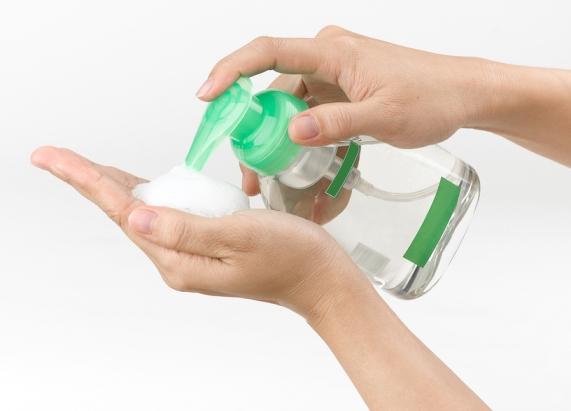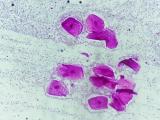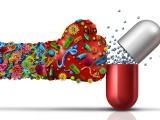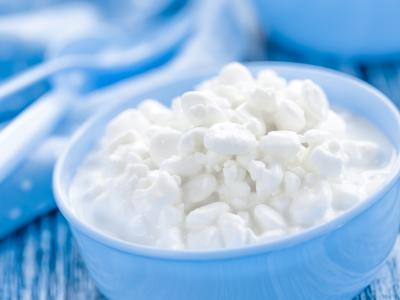In a final ruling issued today, the Food and Drug Administration (FDA), banned certain antimicrobial and antiseptic ingredients in over-the-counter soaps, saying they were no more effective in killing germs than plain soap and water, and that they posed health risks to the general population.
"I applaud the FDA for taking this step," said Michael Osterholm, PhD, MPH, director of the University of Minnesota's Center for Infectious Disease Research and Policy (CIDRAP), which publishes CIDRAP News.
"It's about time policy caught up with science. I hope this is a shot across the bow of the ship to any company that thinks of selling antimicrobial products to the public that have no proven benefit and real dangers to the environment." Osterholm was an outspoken proponent of Minnesota's 2014 ban on triclosan, an antimicrobial agent commonly used in antibacterial soaps.
3 years in the making
The ruling has been 3 years in the making. In 2013 the government agency began considering evidence that certain active antimicrobial agents, including triclosan and triclocarban, could be contributing to antimicrobial resistance and endocrine disruption. Seventeen other active ingredients are included on the ban, which only pertains to soap, and not hand sanitizing gels, foams, or wipes. It also doesn't limit the use of these ingredients in healthcare settings.
Manufacturers of soaps containing any of the 19 ingredients were asked to supply the FDA with evidence that their products were both safe and superior to those on the market that did not contain the active ingredients in question.
The FDA said the manufacturers did not supply any evidence for 16 of the ingredients, but allowed for a 1-year deferment before ruling on benzalkonium chloride, benzethonium chloride, and chloroxylenol (PCMX). Soaps with these ingredients can still be sold at this time.
Manufacturers have a year
The FDA said manufacturers have 1 year to phase out or reformulate their products without the banned ingredients.
"Consumers may think antibacterial washes are more effective at preventing the spread of germs, but we have no scientific evidence that they are any better than plain soap and water," Janet Woodcock, MD, director of the FDA's Center for Drug Evaluation and Research (CDER), said in a statement.
"In fact, some data suggests that antibacterial ingredients may do more harm than good over the long-term."
See also:
Sep 2 FDA news release
Mar 20, 2014, Osterholm Star Tribune editorial "Counterpoint: Antimicrobial hucksters can't be trusted"

























